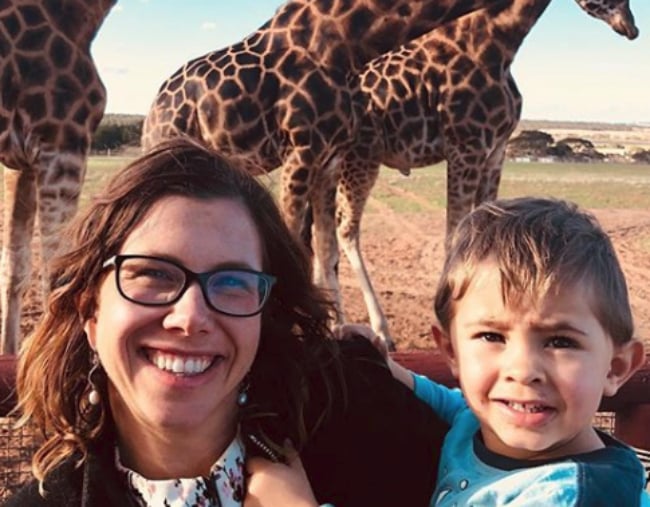
Like so many parents of young children, I am starting to think about how I best support my three-year-old son’s development and learning. I want him to be as ready as possible for primary school in two years.
As I start to think about Percy going to preschool, I am conscious about his preparedness for his first year of formal learning and, importantly, how this year will foster his development and learning for future years to come.
As a mother, I want to be sure that Percy is getting the best start in life. As the Shadow Minister of Early Childhood Education, I am acutely aware of the value of preschool and kindy and the lifelong benefits which come from quality early learning.
All the research and studies from Australia and around the world shows that preschool and kindy are the best way to do this.
Preschool and kindy develops children’s minds, develops their social skills and importantly readies them for their future years of learning. Their cognitive skills develop and our children become more aware in their thinking and memory. They begin to understand cause and effect and remarkably begin to evaluate and analyse.
As Shadow Minister, I am fortunate to travel around the country meeting with preschool teachers and educators, parents and carers, and children, and I get to see the benefits for myself.
But as the research and discussion around the importance and benefits of early education has grown in the last decade alone, it appears that access to preschool could be eroded and possibly put out of reach to those who would benefit most.
Put simply, universal affordable access to preschool relies on a funding agreement between the federal and the state and territory governments. This national program helps provide 15 hours of preschool per week, per child – regardless of family income or work status. The program started in 2009 and since its inception it has seen preschool enrolment increase from 77 per cent to almost 100 per cent.




























































































